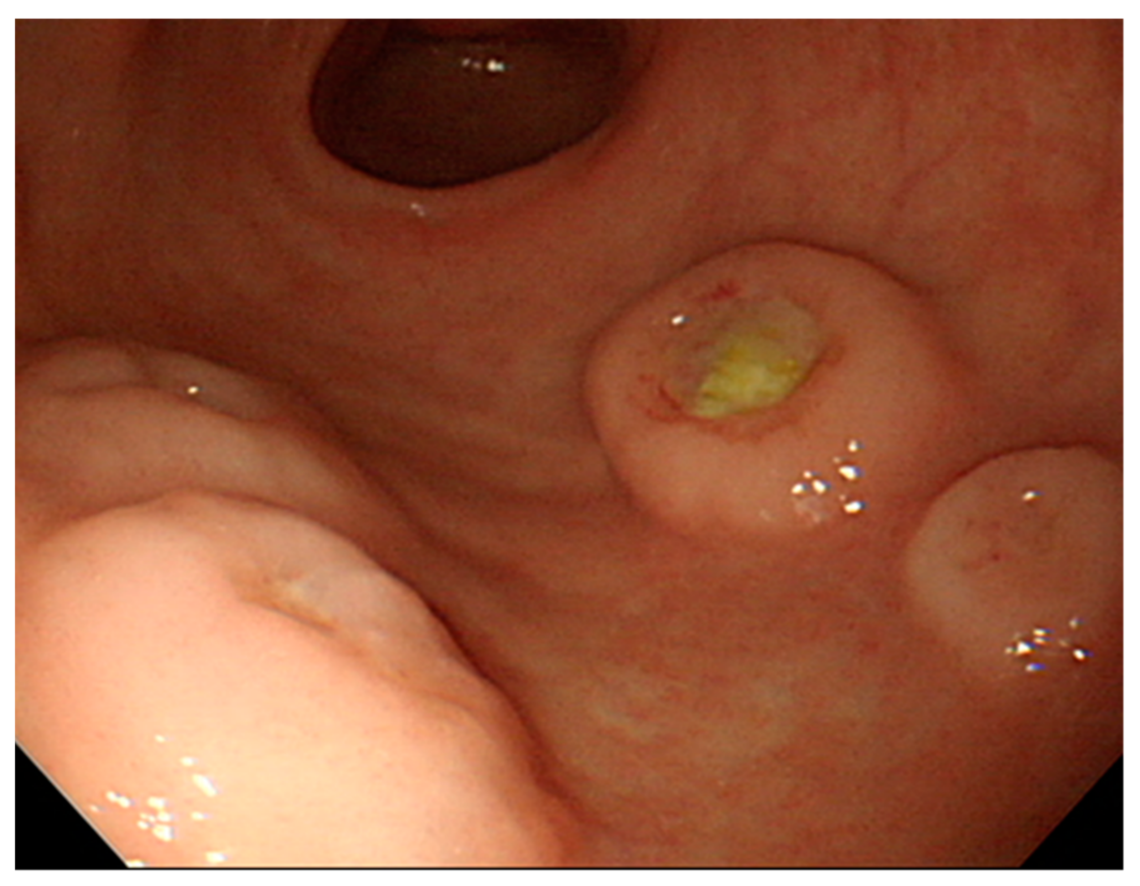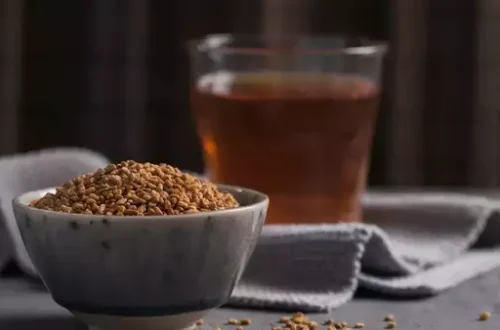Suffering from a stomach ulcer can be painful and uncomfortable, but making the right dietary choices can significantly ease symptoms and aid in the healing process. In this guide, we’ll explore the best foods to incorporate into your diet when dealing with a stomach ulcer, helping you find relief and support your digestive health.
1.High-Fiber Foods
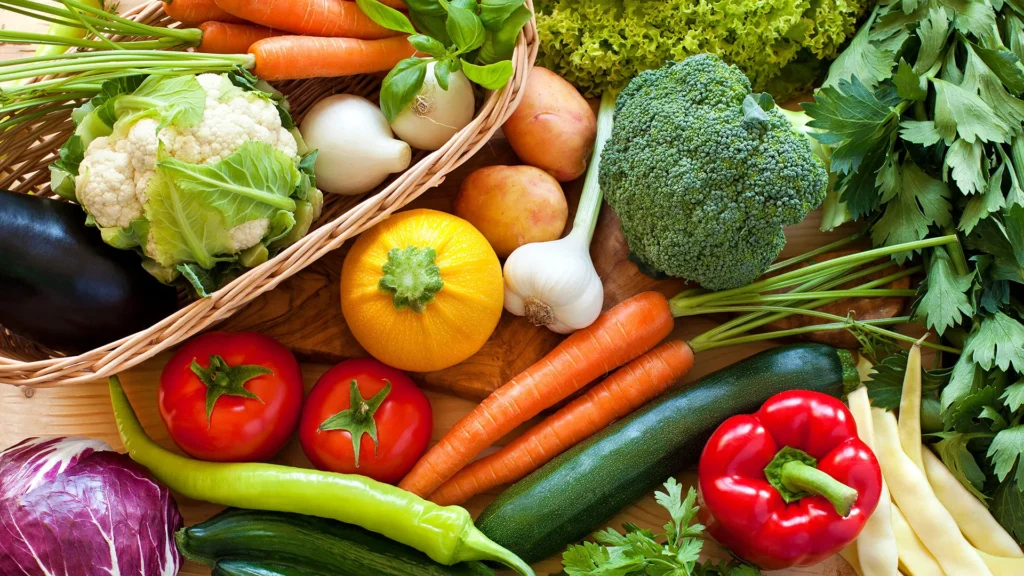
high-fiber foods like fruits, vegetables, and whole grains into your diet can help prevent constipation and promote digestive health. Opt for soft, cooked fruits and vegetables to minimize irritation. Additionally, fiber-rich foods provide bulk to stools, aiding in regular bowel movements and reducing discomfort associated with stomach ulcers. Be sure to drink plenty of water when increasing fiber intake to help prevent any potential digestive issues.
2.Lean Proteins
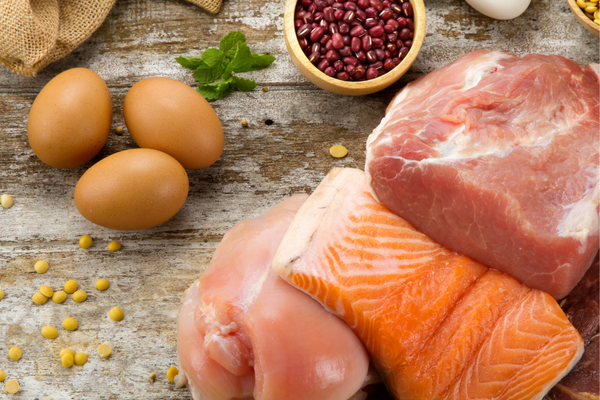
Choose lean sources of protein such as poultry, fish, and tofu, which are easier to digest and less likely to aggravate stomach ulcers. Avoid fatty meats and opt for grilled, baked, or steamed preparations. Lean proteins are not only gentle on the stomach but also provide essential nutrients like protein, iron, and B vitamins, supporting overall health and wellbeing.
3.Foods Rich in Probiotics
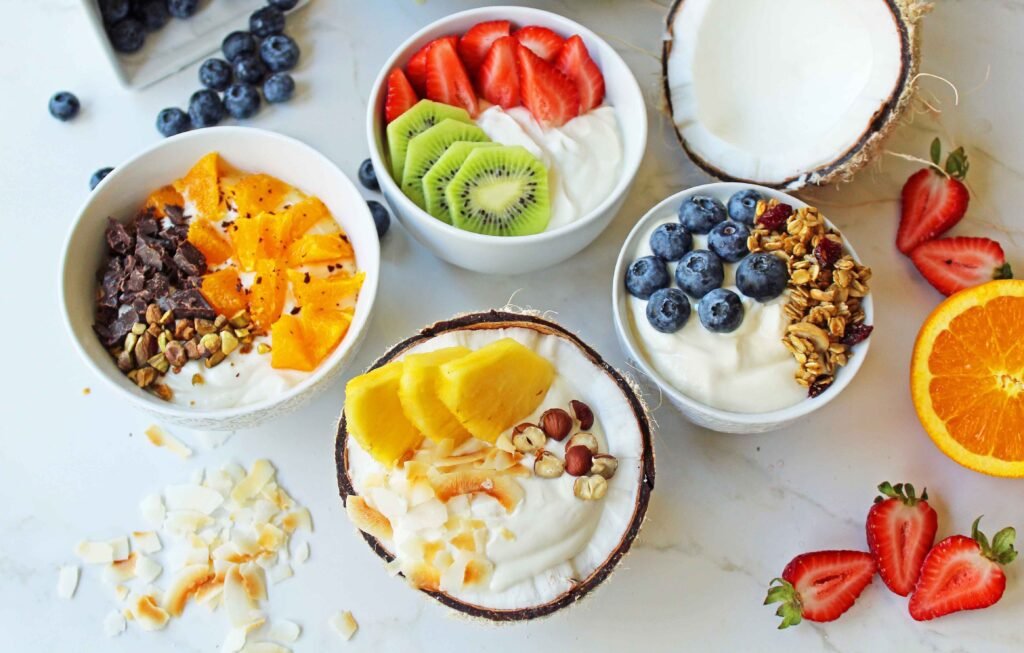
Probiotic-rich foods like yogurt, kefir, and fermented vegetables can help restore balance to your gut microbiome and support digestive health. Look for unsweetened varieties to avoid added sugars. Probiotics contain beneficial bacteria that aid in digestion and may help reduce inflammation in the stomach lining, contributing to the healing process. Incorporating these foods into your diet can promote a healthy gut environment and alleviate stomach ulcer symptoms.
4.Healthy Fats
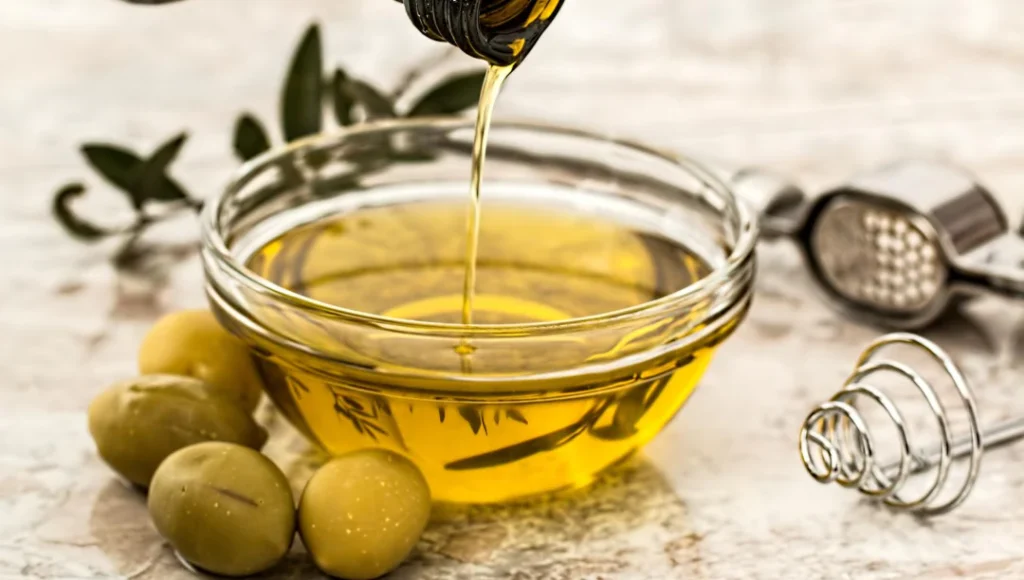
Incorporate healthy fats such as olive oil, avocados, and nuts into your diet, which have anti-inflammatory properties and may help soothe stomach ulcer symptoms. Use these fats in moderation and avoid fried or greasy foods. Healthy fats provide essential fatty acids that support cell structure and function, contributing to overall health and healing. Be mindful of portion sizes to prevent excessive fat intake, which can lead to digestive discomfort.
5.Low-Acid Foods
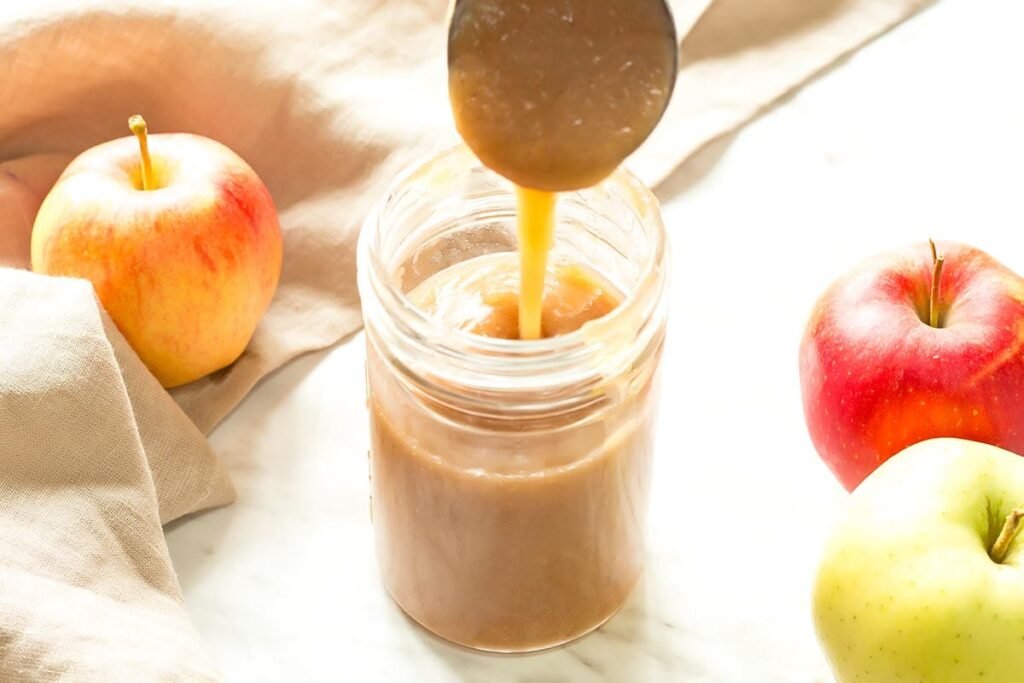
Acidic foods can exacerbate stomach ulcer symptoms, so it’s best to limit or avoid citrus fruits, tomatoes, and spicy foods. Instead, opt for non-acidic fruits like bananas, melons, and applesauce. These fruits provide essential vitamins and minerals without causing irritation to the stomach lining. Choosing low-acid options can help reduce inflammation and discomfort, allowing for easier digestion and improved symptom management.
6.Whole Grains
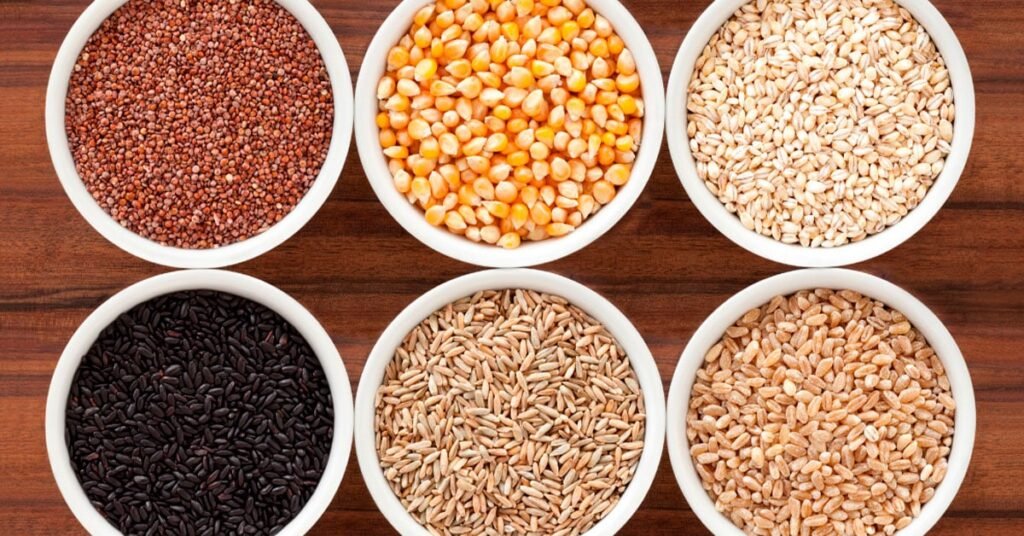
Choose whole grains like oats, brown rice, and quinoa, which are rich in fiber and nutrients that support digestive health. Avoid refined grains and opt for whole grain options to maximize nutritional benefits. Whole grains provide sustained energy and promote feelings of fullness, making them an ideal choice for individuals with stomach ulcers. Their fiber content aids in digestion and helps regulate bowel movements, promoting overall gastrointestinal health.
7.Herbal Teas
Herbal teas such as chamomile, ginger, and licorice root can help soothe stomach ulcer symptoms and promote healing. Enjoy them warm or at room temperature between meals for maximum benefit. These herbal teas have anti-inflammatory and anti-nausea properties, providing relief from stomach discomfort associated with ulcers. Incorporating herbal teas into your daily routine can promote relaxation, improve digestion, and alleviate symptoms, supporting your overall well-being.
8.Non-Citrus Juices

While citrus juices are best avoided, non-citrus options like apple juice, carrot juice, and cucumber juice can provide hydration and essential nutrients without exacerbating stomach ulcer symptoms. These juices are gentle on the stomach and provide vitamins, minerals, and antioxidants that support healing and overall health. Be sure to choose juices that are free from added sugars and preservatives to maximize their nutritional value and promote digestive comfort.
If you have any queries related to medical health, consult Subhash Goyal or his team members on this given no +91 99150 72372, +91 99150 99575, +918283060000
